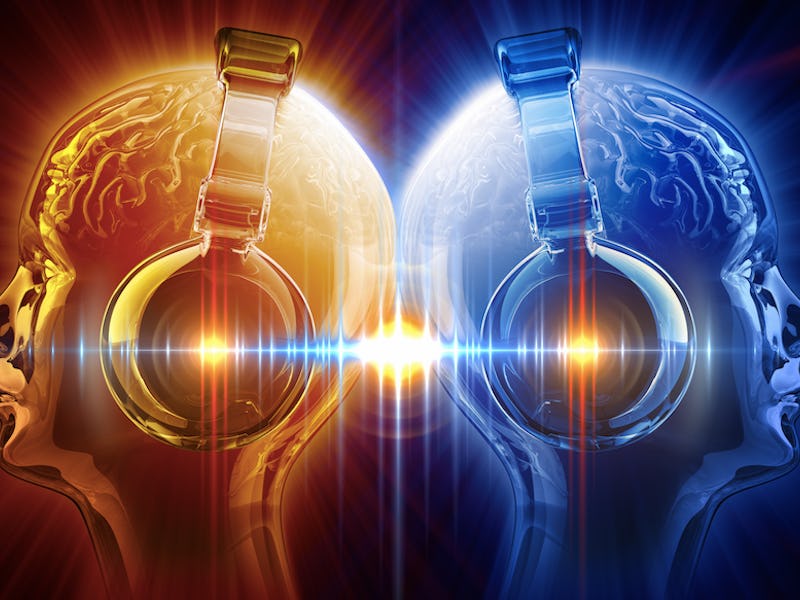Why music gives you chills (and other secrets of sound)
In this episode, we explain what the latest science says about the power of sound.

Whether it’s the healing crash of ocean waves, the emotional power of a sad song, or that sudden, unfamiliar noise that stops you dead in your tracks — sounds can instantly trigger intense reactions in the brain.
Traveling into the ear, the vibrations we hear get converted into electrical signals. Then it’s off to the brain, where scientists are still unraveling what happens next.
One end-of-life study suggests the brain still registers the last sounds a person will ever hear — even after the body has become unresponsive. Researchers have also discovered why melodies can (literally) move us, offering a scientific explanation for why music gives us the chills.
The ability to hear connects our brain and emotions in ways that none of our other senses can, and scientists are finally beginning to make some sound sense of it.
In this episode of The Abstract, we explain what the latest science says about the power of sound.
Our first story is about an end-of-life study that explains what really happens when you hear your last words. With research suggesting dying loved ones may hear something if we speak to them, our last goodbyes may not fall on deaf ears — offering a new sense of comfort during life’s final moments.
Our second story pinpoints why music can literally give you the chills. By studying the brain activity behind those chills, scientists are getting closer to understanding another mystery: why music is so pleasurable in the first place.
Read the original Inverse stories:
- Theta waves and chills: 6 intriguing ways music affects the brain
- Brain study pinpoints why music can literally give you the chills
Where to find us:
- Subscribe to The Abstract wherever you listen to podcasts: iTunes | Spotify | TuneIn | RadioPublic | Stitcher
- Follow Emma Betuel on Twitter
- We're hosted and produced by Tanya Bustos
—
Right now, facts and science matter more than ever. That's part of the reason for The Abstract, this all-new podcast from the Inverse staff that focuses exclusively on science and innovation. Three new episodes are released a week, and each covers one theme via two related stories. Each features audio of original Inverse reporting, where the facts and context take center stage. It's hosted by the Tanya Bustos of WSJ Podcasts. Because we're Inverse, it's all true but slightly off-kilter. It's made for people who want to know the whole story. —Nick Lucchesi, executive editor, Inverse
This article was originally published on